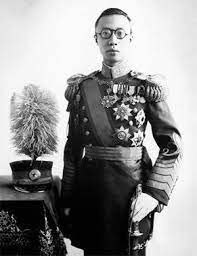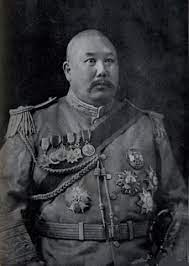Shao P'iao-p'ing (1889-26 April 1926), journalist and editor of the Peking newspaper Ching Pao [Peking report]. He was executed for allegedly treasonous activities in 1926. The Chinhua district of Chekiang was the birthplace of Shao P'iao-p'ing. Little is known about his background or early years except that he entered the Chekiang Higher School at Hangchow […]











